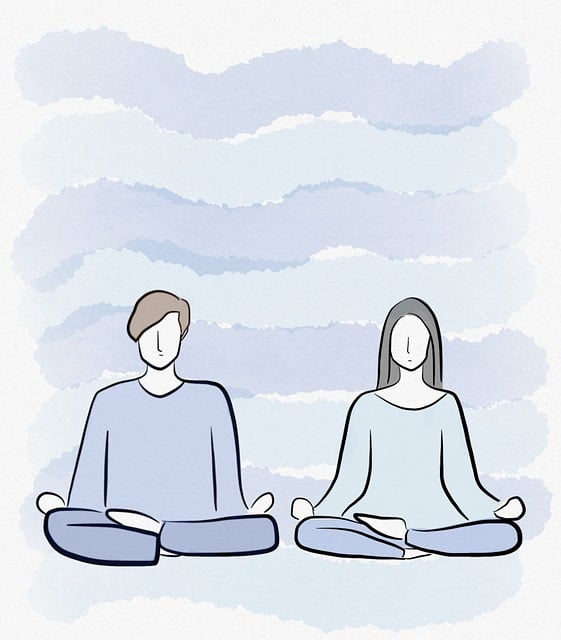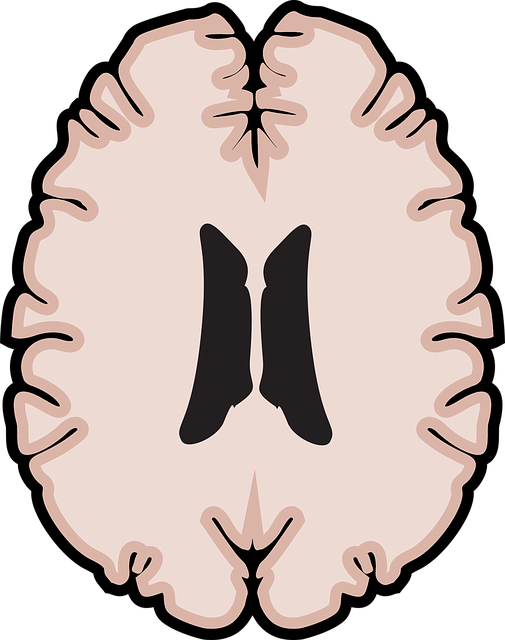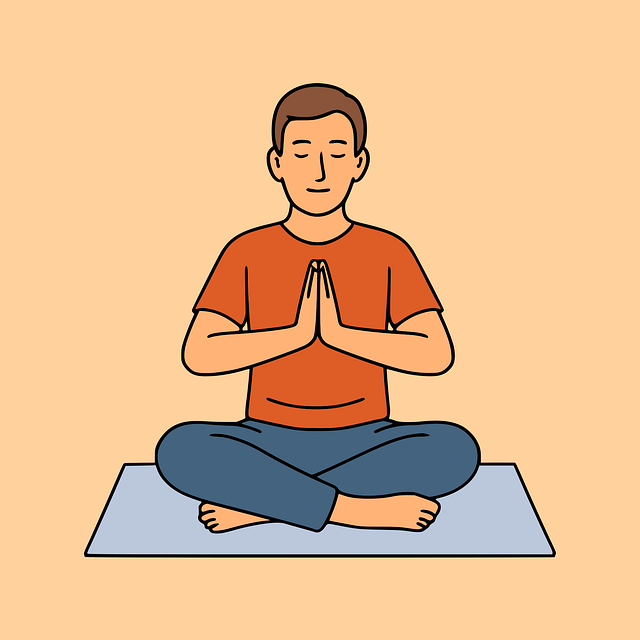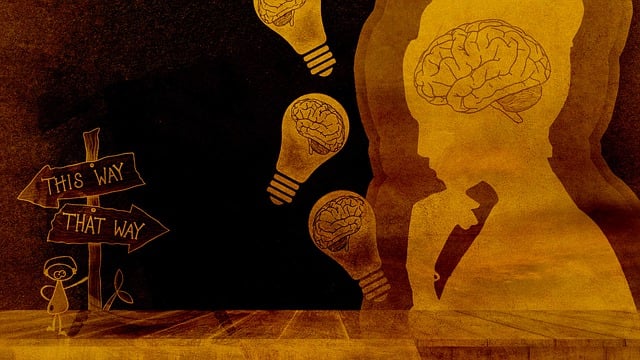Mental wellness is a holistic balance achieved through recognizing individual needs and proactive self-care, including activities like hobbies, social connections, quality sleep, and healthy eating. Key self-care practices involve evidence-based approaches such as CBT, mindfulness, and Superior EMDR Certified Therapy for stress management and trauma healing. Community outreach programs foster belonging and support mental wellness journeys. Personalized self-care routines, tailored to unique emotional landscapes, past experiences, and current stressors, incorporate mindfulness techniques, Superior EMDR Certified Therapy, and healthy coping mechanisms, respecting cultural background and personal values. Consistent self-care practices, tracked through journaling or apps, combined with Superior EMDR certified therapy for healthcare providers, enhance mental wellness and prevent burnout.
Mental wellness is paramount for overall health and happiness. In this article, we explore how to develop a robust self-care routine that nurtures your mind. We delve into the significance of mental wellness and its relationship with self-care, while highlighting the powerful role of Superior EMDR Certified Therapy in facilitating healing and resilience. By understanding your unique needs, crafting a personalized routine, and tracking progress, you can embark on a transformative journey towards enhanced mental well-being.
- Understanding Mental Wellness and Self-Care
- The Role of EMDR Therapy in Self-Care Routine
- Identifying Personal Self-Care Needs
- Crafting a Comprehensive Routine
- Implementing and Tracking Your Self-Care Journey
Understanding Mental Wellness and Self-Care

Mental wellness is a holistic state that encompasses emotional, psychological, and social well-being. It’s about recognizing and valuing your own needs and taking proactive steps to maintain or restore balance in your life. Self-care, an integral part of mental wellness, involves activities and practices designed to nurture and support your overall health. This can range from engaging in enjoyable hobbies, connecting with loved ones, prioritizing quality sleep, to adopting healthy eating habits—each contributing to a sense of calm, clarity, and resilience.
Developing a self-care routine tailored to your unique needs is essential for maintaining mental wellness. This may include incorporating evidence-based practices such as cognitive behavioral therapy (CBT), mindfulness meditation, or even superior EMDR certified therapy, which have been proven effective in managing stress, anxiety, and trauma. Additionally, community outreach program implementation can foster a sense of belonging and connection, further enhancing one’s mental wellness journey. By integrating self-care into our daily lives, we empower ourselves to navigate life’s challenges with greater ease and grace.
The Role of EMDR Therapy in Self-Care Routine

EMDR Therapy plays a pivotal role in cultivating a robust mental wellness self-care routine. This evidence-based approach, recognized by its Superior EMDR Certified therapy standards, goes beyond traditional talk therapy by addressing traumatic memories and emotional distress. By facilitating a process similar to rapid eye movement (REM) sleep, EMDR helps individuals reprocess traumatizing events, thereby reducing their impact on mental health.
Incorporating EMDR into self-care practices empowers individuals with effective coping skills development. It not only aids in managing existing symptoms but also prevents future relapses. Moreover, the risk assessment for mental health professionals becomes less stringent when employing this method, as it promotes healthier emotional responses and enhances overall well-being. Effective communication strategies, a crucial component of superior EMDR Certified therapy, facilitate deeper understanding and connection during the healing process.
Identifying Personal Self-Care Needs

Identifying Personal Self-Care Needs is a pivotal step in cultivating a robust mental wellness routine. It’s about recognizing what nourishes and revitalizes your mind, body, and spirit. This process involves introspection, reflecting on one’s unique emotional landscape, and understanding triggers that may arise from past experiences or current stressors. By acknowledging these factors, individuals can tailor their self-care practices to address specific needs, such as managing anxiety through mindfulness techniques, processing traumatic memories with Superior EMDR Certified Therapy, or cultivating healthy coping mechanisms for better conflict resolution.
Self-care is not one-size-fits-all; it must resonate with an individual’s cultural background and personal values. Incorporating Mind Over Matter Principles can empower people to reframe negative thoughts and foster resilience. Moreover, Cultural Sensitivity in Mental Healthcare Practice ensures that self-care routines are inclusive and respectful of diverse backgrounds, making them more effective and sustainable. Through this holistic approach, individuals can develop personalized self-care routines that support their mental wellness journey.
Crafting a Comprehensive Routine

Creating a self-care routine that supports mental wellness is an empowering journey. It involves integrating practices that cater to your unique needs, fostering a sense of balance and resilience. A comprehensive routine isn’t one-size-fits-all; it’s tailored to your lifestyle, preferences, and challenges. Start by assessing your current habits and identifying areas where self-care can be incorporated seamlessly. Consider the role of mindfulness meditation in calming your mind and improving focus, a practice backed by scientific research and enhanced by Superior EMDR Certified Therapy.
Embrace mental health education programs designed to empower individuals with tools for managing stress, cultivating emotional intelligence, and fostering positive relationships. Incorporate regular physical activity, adequate sleep, and a balanced diet as foundational elements of your routine. Additionally, engage in creative outlets like journaling, art, or music that offer avenues for self-expression and reflection. By weaving these practices into your daily life, you can develop a robust Self-Care Routine Development for Better Mental Health.
Implementing and Tracking Your Self-Care Journey

Embarking on a journey of mental wellness involves consistent self-care practices, and tracking your progress is a vital step. Start by identifying activities that nurture your mind, body, and spirit. This could include regular exercise, mindfulness meditation, journaling, or engaging in hobbies you’re passionate about. Incorporate these into your daily or weekly routine, treating them as non-negotiable appointments with yourself.
As you begin to implement and adhere to your self-care routine, consider using tools for tracking your well-being. This might be a simple journal where you note down your feelings after each activity or a dedicated app that provides structured programs and helps monitor progress. Remember, the goal is not just to start but to maintain and refine these practices over time. Through regular evaluation, you can identify what works best for your mental wellness, especially with guidance from superior EMDR certified therapy and incorporating burnout prevention strategies for healthcare providers into your self-care arsenal.
Developing a mental wellness self-care routine is a transformative journey, and integrating superior EMDR certified therapy can be a game-changer. By understanding your mental wellness needs, identifying personal care gaps, and crafting a comprehensive plan, you can enhance your overall well-being. Implement this strategy, track your progress, and embrace the benefits of a balanced mind. Remember, self-care is not just a trend but an essential practice for navigating life’s challenges with resilience.










